Notes from the Piemontese Alps, January 2009
Just what the hell is gonzo wine journalism ?
I may be in a small minority, but I believe in indirect answers to straight questions. Well-rounded explanation that seems to settle the matter once and for all are one of the things which got us into the present mess, for nothing is ever really settled for very long. And in this isolated house high in the mountains – into which we had to dig our way with shovels and a pick – I’ve got more than enough time to spin this story out and examine this thing from many angles.
I could start by claiming that none of this is my fault, because it really wasn’t my idea. But any statement I make which attempts to reduce my responsibility in this matter, however indirectly, would be some kind of lie, since this whole thing is about the search for truth; the truth in wine and the truths which wine has lead me to, continues leading me to. In fact, it was Dee Lite’s idea.
At the time, the summer of 1991, she was the wine columnist of a British newspaper and we were on a strange press trip to the sunny Portuguese island province of Madeira. We were walking back to our hotel from the town centre of Funchal, the island’s slightly crumbling capital, one afternoon and I asked her what her goal as a journalist was. Put like this the question sounds dull and predictable, but we’d been chewing over the state of journalism at this very particular moment, and in that context it sounded very different. It was just a couple of years after the fall of the Berlin Wall immediately after the Cold War’s end, and even the Iron Lady Thatcher had abruptly departed. Everything seemed to be in flux in the most promising way.
“Gonzo wine journalism !” Dee replied; three electrifying words. Although my head was instantly in a wild spin I immediately understood what she meant: to write about wine the way Hunter S. Thompson had written about the American Dream. It was more than a decade since I’d dipped a toe into Thompson’s ‘Fear and Loathing in Las Vegas’, but so explosive was what I’d read that it had etched itself into my mind. The book was, like much else of his work, a freewheeling, full-throttle, no-holds-barred, do or die search for personal truth. It had been lubricated with a super-size-me cocktail of drugs and hard liquor, but that only added a garish range of colours.
Unlike Thompson who never seemed able to decide which stimulant was the right one and gave every available drug at least one serious test drive, for Dee Lite there was never any doubt about her drug of choice: wine. More important than this identity of subject and intoxicant was a vision of writing about wine which communicated the rush of sensual and intellectual discovery. When it comes to wine the border between the two is totally illusory, the product of nit-picking blinkered rationality.
When I got home I was all fired up and wrote a much more adventurous story about Madeira wine today than I would if I hadn’t had that conversation with this daring colleague I couldn’t get out of my mind.
Somehow word got out about what I’d written before it appeared in ‘Decanter’ magazine and several people unsuccessfully tried to get its publication stopped. After it rolled off the presses there was a heated discussion of it in the cabinet of Madeira’s autonomous government and word was passed to me that I shouldn’t try to return to the island any time soon.
What was the terrible thing I’d done ? Slightly cautiously, that is shooting downhill on a bike with one brake half-on in order not to gain “too much” speed, I’d written the painful and largely suppressed truth about the decline of the island’s wine industry. To placate my vociferous critics, who all had a direct or indirect commercial interest, a silver-haired Big Name in wine journalism was wheeled out to write an alternative Madeira story in the next issue of ‘Decanter’. Just as the critics wanted he dressed up a one-sided version of history as news, but who knows maybe he also saved my neck ?
Just a year after this I met my now wife, Ursula Heinzelmann (then a sommeliére and restaurant manager, now a successful food and wine journalist) and for some time I was pretty distracted with the struggle to set up our own home in Berlin hampered by some fairly serious financial problems.
Much of my first book in German ‘Die großen deutschen Rieslingweine’ or The Great Riesling Wines of Germany, was written during the first months of 1994 in Hotel Bogota on the Schlüterstraße in Berlin under rather desperate conditions. We were bankrupt and my tiny desk was close to a very draughty window, so that when during a short ice age in January I had to write wrapped in a blanket.
Once again it was only after publication that I realized what I’d done. Without thinking about it, or about German press law, I’d simply written the truth as I’d experienced it. Suddenly a handful of winegrowers who were clearly frothing at the mouth were threatening to sue and dozens of others were steaming with fury. “Like a Wild Boar” was the title of the story about the controversy in ´Der Spiegel´. The moment I saw it in Café Central during a brief stop in Vienna on the way home from Northern Italy one cold November afternoon I knew that it was all true and great publicity too.
When the one winegrower who actually sued me finally got in front of the judge he suddenly realized he was facing the possibility of a very public humiliation and caved in, agreeing to a settlement greatly in my favour. This was partly due to him having hired one of the nation’s worst lawyers who’d then given his naive client a wildly inflated idea of his chances in court. It was all very surreal.
After I got my head out of that noose I made a very stupid mistake by trying to write well, developing a highly self-conscious form of wine literature that was often too clever for its own good. Fear of further legal action cramped my style during the late 1990s. The weak nerves that had prevented me from becoming a punk during my teens held me back again, slamming on the breaks just as I was picking up speed.
Some things worked out in spite of this, particularly the articles I wrote for ´Frankfurter Allgemeine Zeitung´ magazine, but these were high-brow conventional journalism, rather than under-the-wire gonzo. They helpped me give up writing for British and American wine magazines, which was a great relief. There editors were too anxious to pigeon-hole me as their expert on German wine, as if my postal address automatically put a severe limit my mental horizon. “I am not a number, I am a free man!”
Unfortunately, I wasn’t living this credo; it was just a theory to which I subscribed. Worse still, away from my writing I was discovering that I had an addiction to happy endings and what the consequences of this dependency are. The combination tipped me into an ever deeper depression. At the end of 1998 my wife and I tried to move from the Wedding area to Mitte, the heart of East Berlin, and crash landed again in Hotel Bogota. (Thanks Joachim Rissman for saving us from destitution for a second time and to the hotel staff for helping us though this harsh period).
Finally we won our battle with the developer of our new apartment and moved into our present home in June 1999, but by then I was suffering quite seriously from depression. My first trip to California in seven years in the summer of 2000 finally enabled me to get some distance from all my problems and see that I’d lost both my chosen path and the determination to follow it wherever it lead me.
The word gonzo wasn’t in my mind at that moment, but it was the direction I was moving in. By the time I returned home it was clear to me that any claim to objectivity in my work, however indirect, had to go right out the window if I was going to get somewhere more interesting. Even scientists measuring “concrete” phenomena choose to do so one way rather than another using certain kinds of instruments instead of others. Scientific method is a human construct and the history of science helps shape its future.
When it comes to journalism you can work more or less systematically, but there’s no such thing as objectivity. Evoking illusions of objectivity and comprehensiveness are the symptoms of a diseased form of journalism that is often mistaken for normal good health. This condition ceases to be benign when the journalists suffering from it decide to abandon the search for truth entirely and tell the public what the editors think they want to read/hear.
Fundamentally the only difference between this and how the CIA gave Dick Cheney and Donald Rumsfeld the “evidence” they needed to justify invading Iraq is of degree. An epidemic of this virus is one of the things which got the world into its present mess. Of course, sitting here in this well-heated house whose kitchen is stuffed full of good food and wine makes it easier to say all this, but this favourable situation doesn’t reduce the truth in this statement one jot.
Lies dressed up as AAA truth have been second only to greed in pushing us in the direction of the abyss. No doubt many of the major newspapers and big news networks will deny that they ever did this, but if you look at when they started reporting critically on Iraq and the Subprime Scam then it was really rather late.
Then, I started reading Thompson’s books thoroughly and was amazed by what I found. Not only was there more truth than “chaos”, but the “chaos” showed me how he discovered his truth and why he saw them in a certain light. Here was three-dimensional journalism: facts many of which were too explosive to be “true” in the everyday sense of this word, the context in which they made the fullest sense and how the journalist came to regard these as his truth.
It was clear from that moment that with gonzo wine journalism I wasn’t going to win generous praise or make a lot of money. Recently I’ve take to saying the following lines to myself to remind myself of this: nobody told you to climb Mt. Everest, and nobody told you it would be easy. With these words I steel myself for the challenges to come.
Thompson frequently wrote about how when the going gets weird the weird turn pro, and he certainly considered himself one of the professionally weird and thus particularly well qualified to comment on the situation when things turned weird. Now things are getting weird and are going to get very tough. In spite of the widespread recognition of this I don’t think many people yet realize fact that because we failed to learn many lessons from recent history we are doomed to repeat it as a collection of episodes rearranged in an original combination and sequence nobody can predict.
Our only hope of avoiding this fate is to start learning from recent history real fast. But at the moment many people seem to be worrying about whether to cancel that third holiday this year or put back buying a new car until next year. Another painful truth is that for many years we in the West were living under the illusion that we were the Masters of Globalisation, when we were actually like little kids who imagined that whoever had the biggest stack of tokens at the end of the game is top dog. Now we suddenly find that our tokens are almost entirely worthless and it is we who are caught in globalisation’s grip, maybe even between its jaws.
I don’t want to become some strange kind of prophet of doom, but after a decade spent studying globalisation and wine these things strike me as unavoidable conclusions. Wine isn’t the financial industry, real estate, the automobile industry, oil or nuclear proliferation, but globalisation is globalisation and I’ve spent years in the Belly of the Beast.
Gonzo journalism demands that you crawl inside your human subjects and when you can’t see the borderline between them and yourself, then you know that they’ve started crawling inside of you too. Whether that’s a good thing or not is something everyone has to decide for themselves, but regardless of how you see that it you do gonzo journalism, then afterwards you’re a radically different person from beforehand, certainly a less blinkered person.
I spent the last decade doing in this in a variety of cultures around Planet Wine and there were some moments when I thought that I was completely lost and would never make it back home and once again look like the person other people imagine me to be. On the flights from Berlin to Paris and Paris to Turin yesterday I ploughed through all the English and German language newspapers I could pick up at those airports and felt seriously shaken. I recognized so many faces of globalisation from my research trips for ‘Wine Far and Away’ (the book I’m currently working on) that I felt them crowding in upon me and stuffed the pile of newsprint in my bag.
Of course, some aspects of the mire we find ourselves in are so obvious that even fools ought to be able to recognize them. That old-fashioned greed is the principal villain of the piece should be clear to everyone except those who dismiss reporters as “the reality-based community.” Self-importance come a close second or does that honour actually belong to believing in comforting lies? This terrible trio latch onto so many things and wine is one of them.
That fact has convinced me that however many other tasks are lined up for this so called “New Year” – suddenly those words were always so positive sound like a horrible threat, rather than a clean slate ready for optimistic thoughts – I must finally put pen to paper and write a story that has been turning circles in the air during the last two years. My reason for not writing ‘Double Trouble in Wine Paradise’ and ‘The Great Wine Party’ was always that I hadn’t got punch lines, but this now seems like a petty excuse. Or would you say that a wine with a three figure Euro profit margin per bottle was in tune with what everybody says is the worst economic crisis since the 1930s? And is winegrowers awarding their wines fancy titles with the slimmest of arguments to make them look like something they’re not in tune with Obama’s call for more “transparency”?
No and no again. I’ve dodged telling these stories too long. Watch this space!

![31122008010 [1600x1200]](http://www.stuartpigott.de/wp-content/uploads/2011/06/31122008010-1600x1200.jpg)
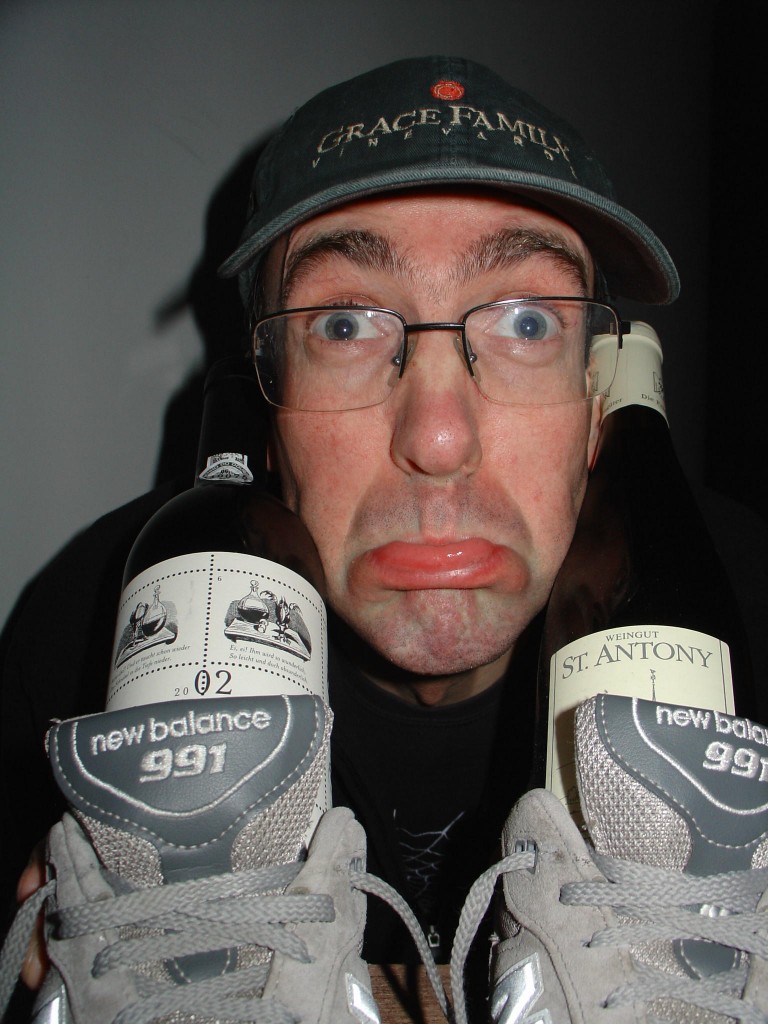
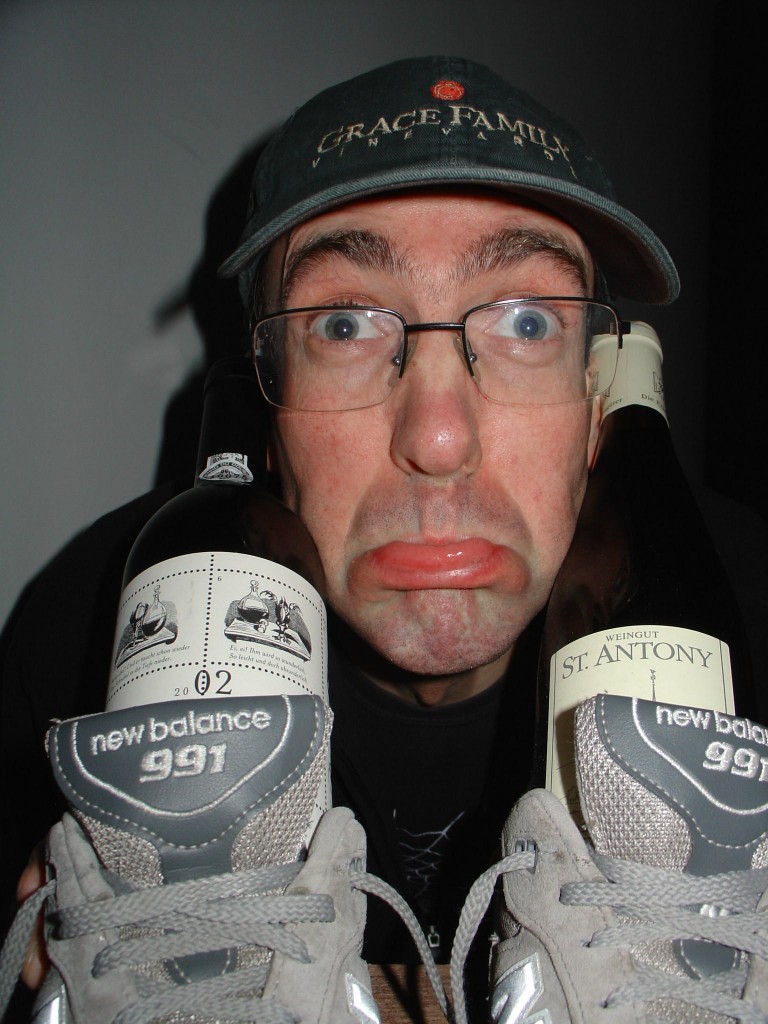
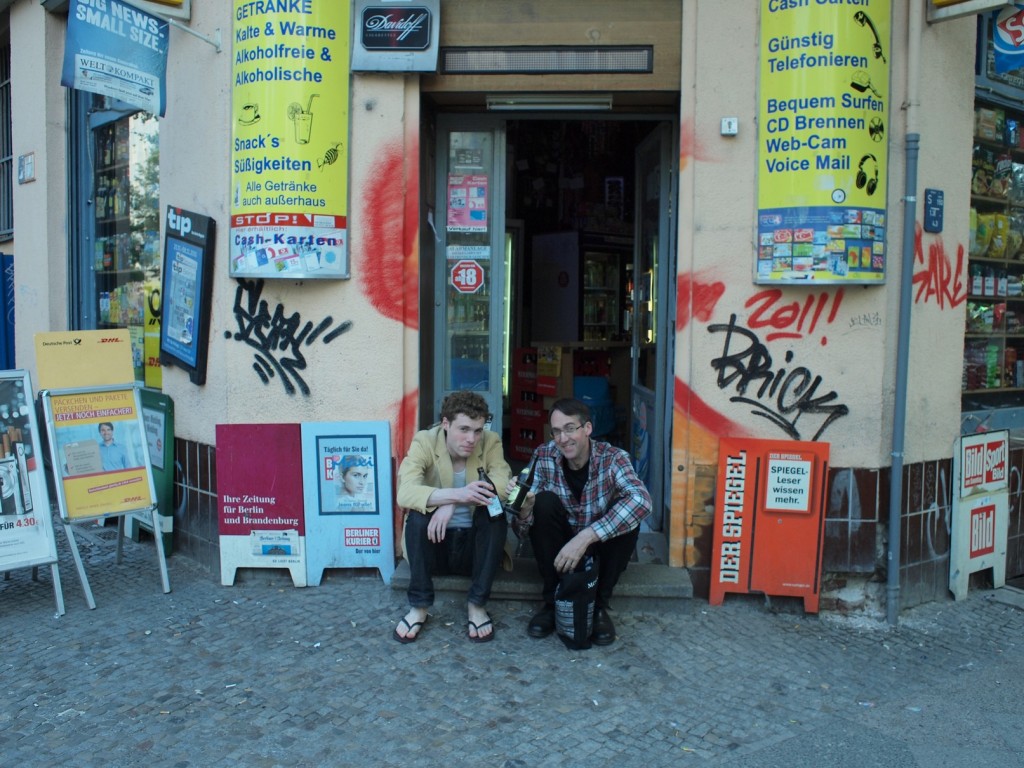
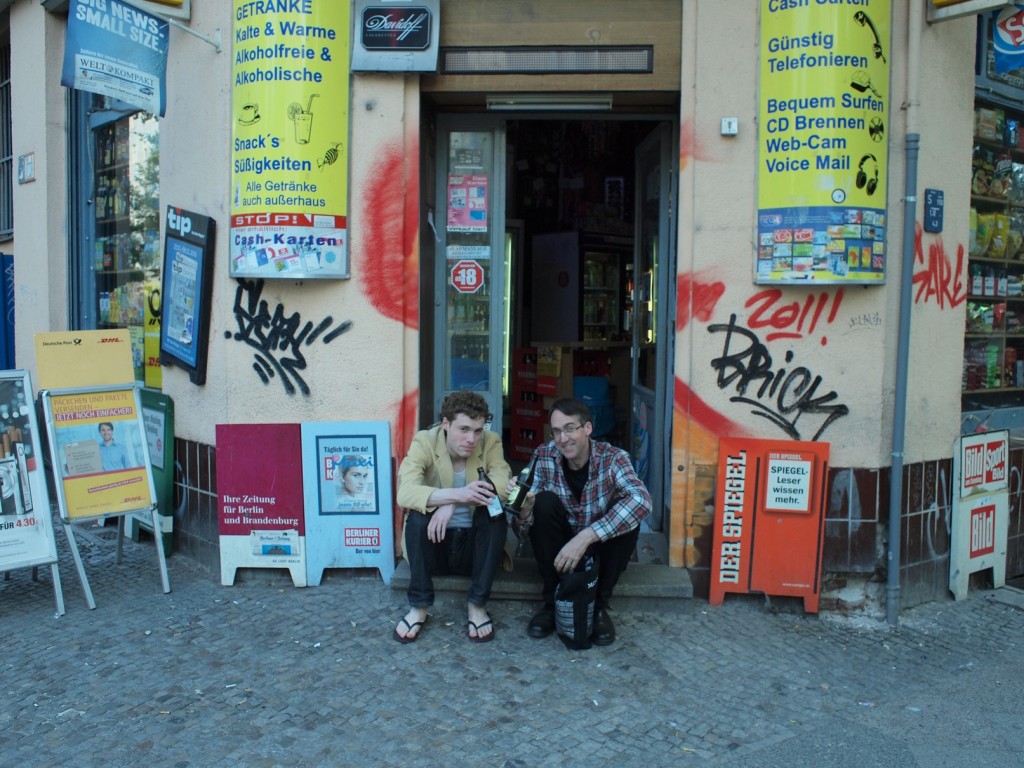

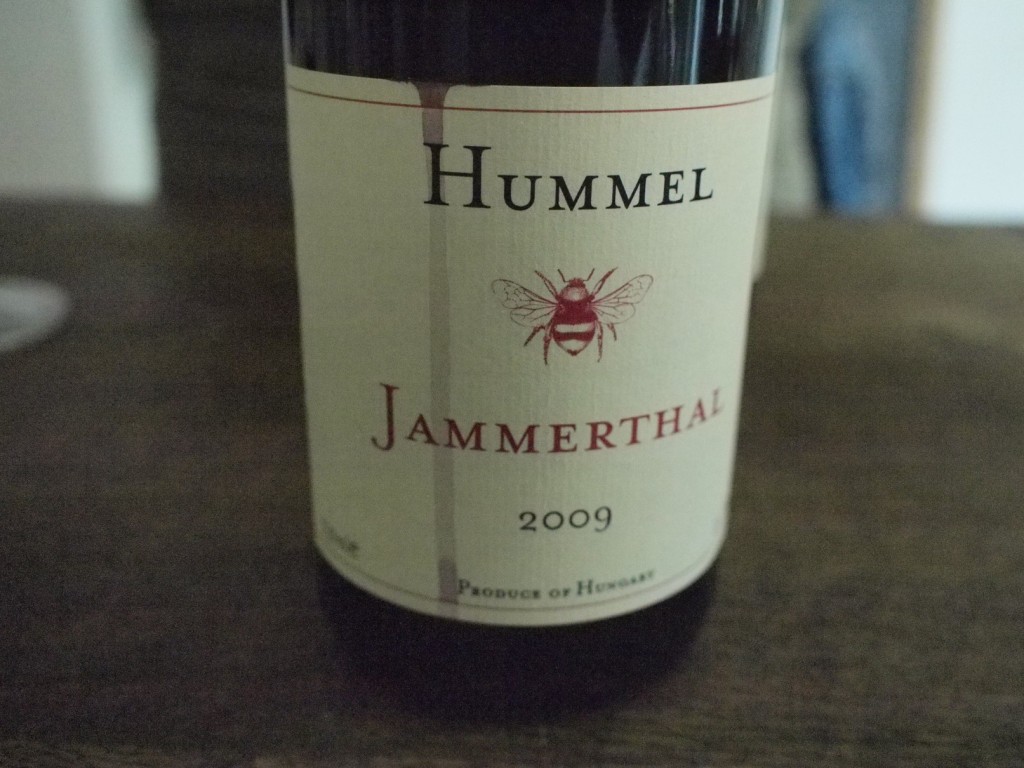
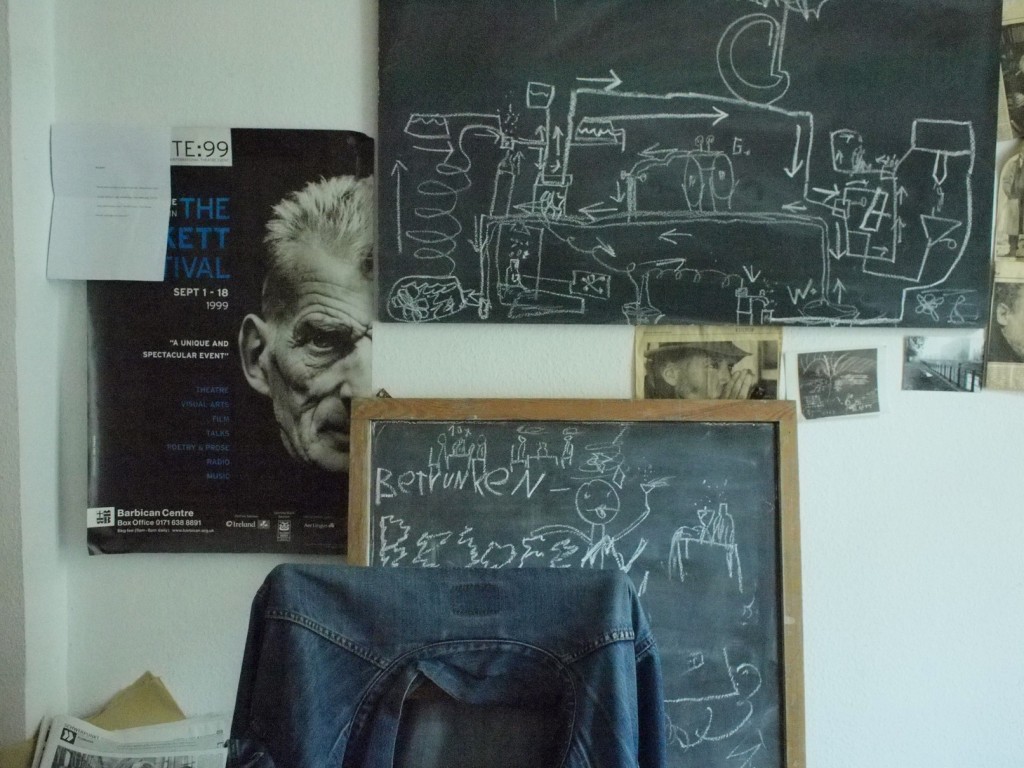

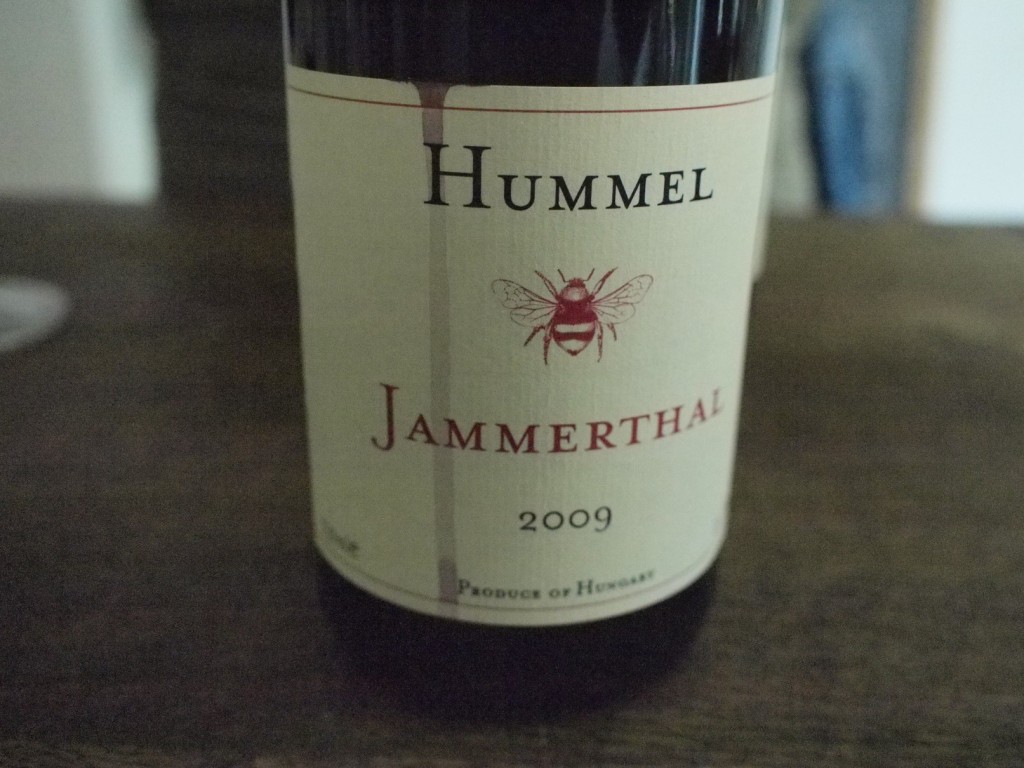
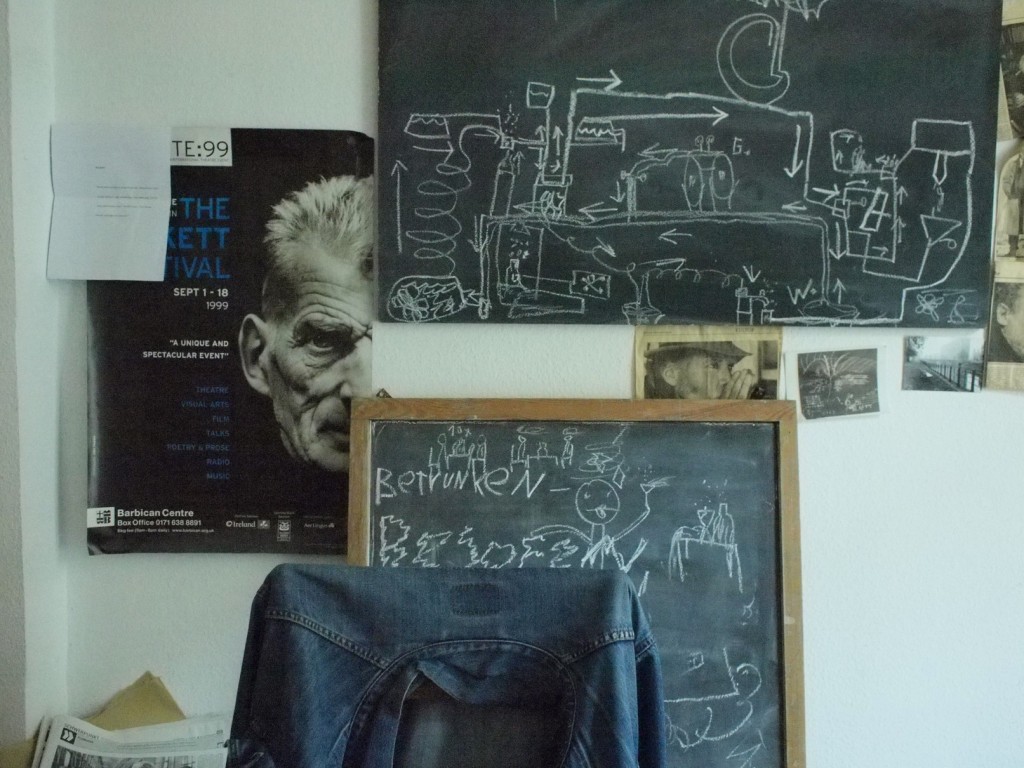
![DSC_1603 [1600x1200]](http://www.stuartpigott.de/wp-content/uploads/2011/06/DSC_1603-1600x12001-1024x680.jpg)